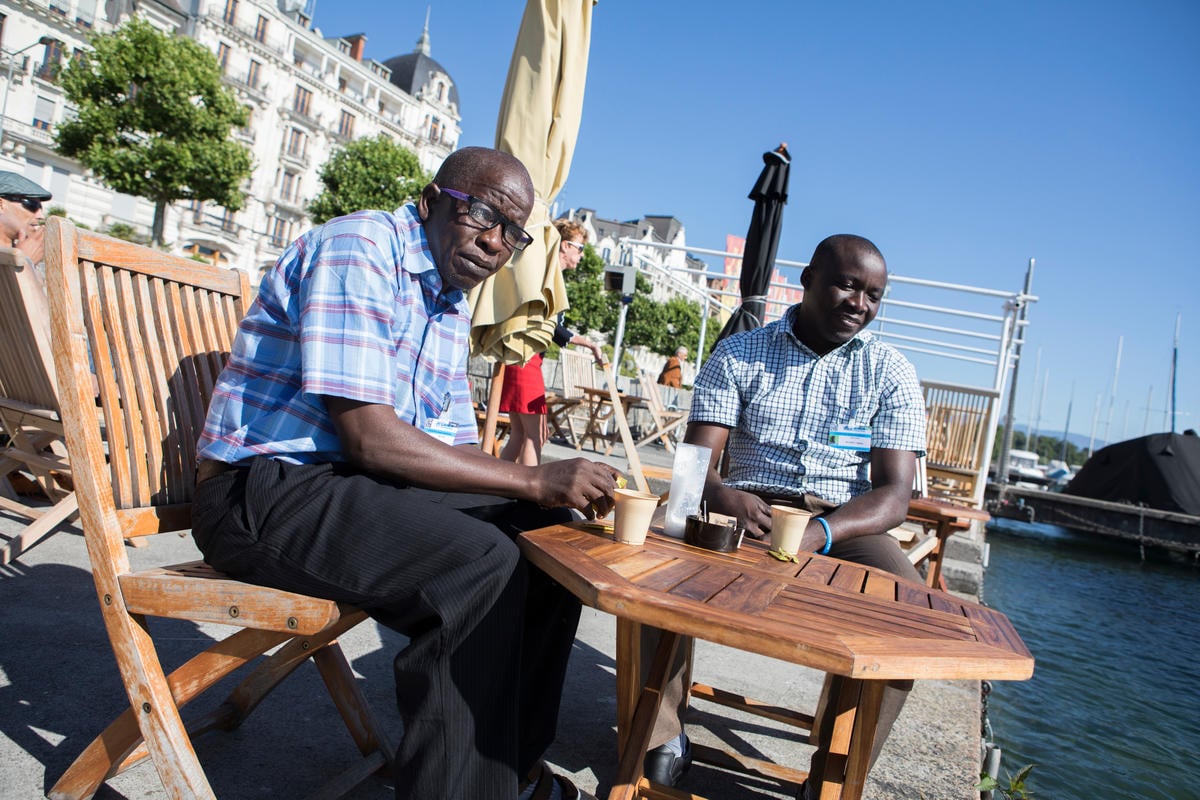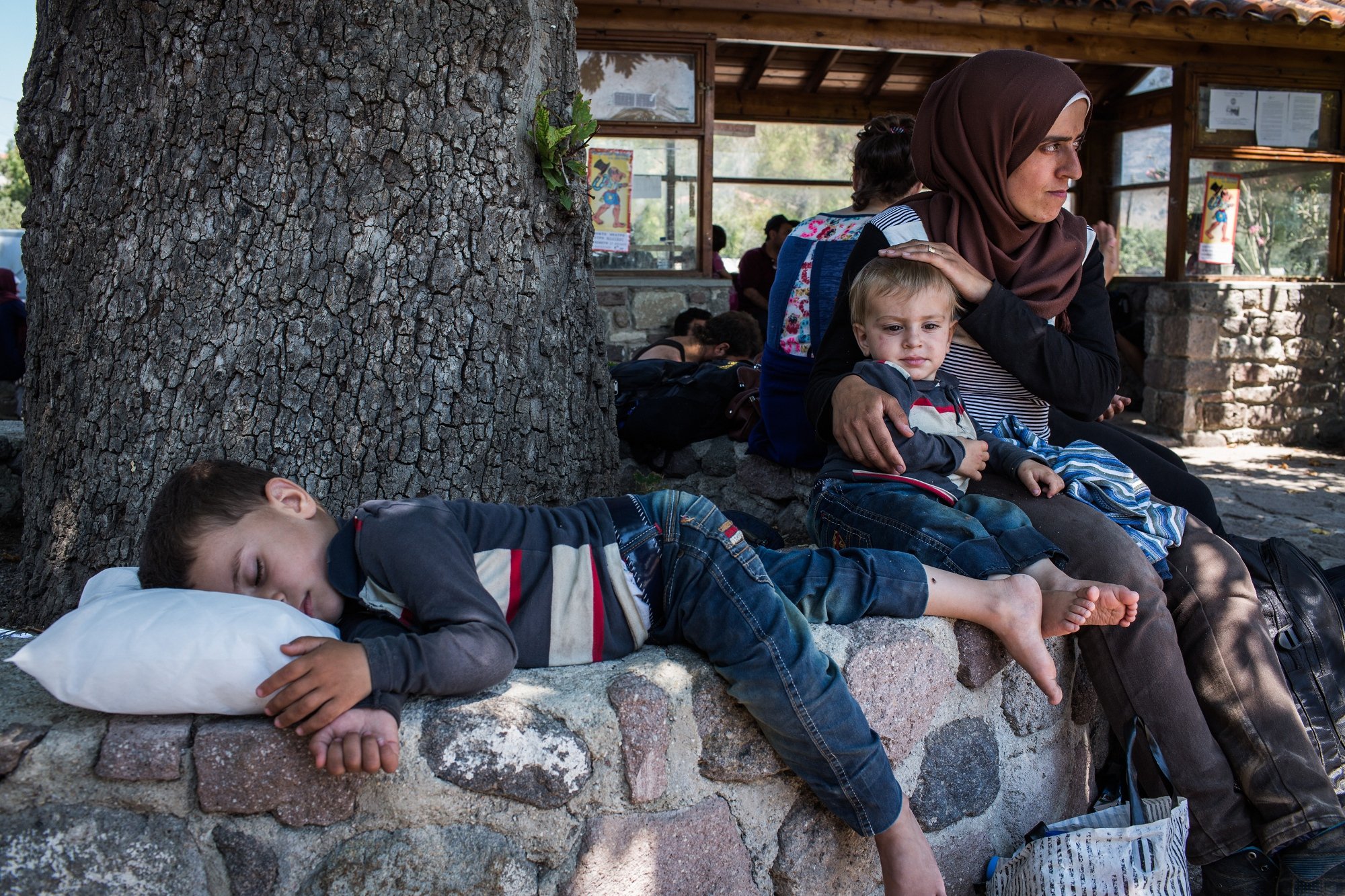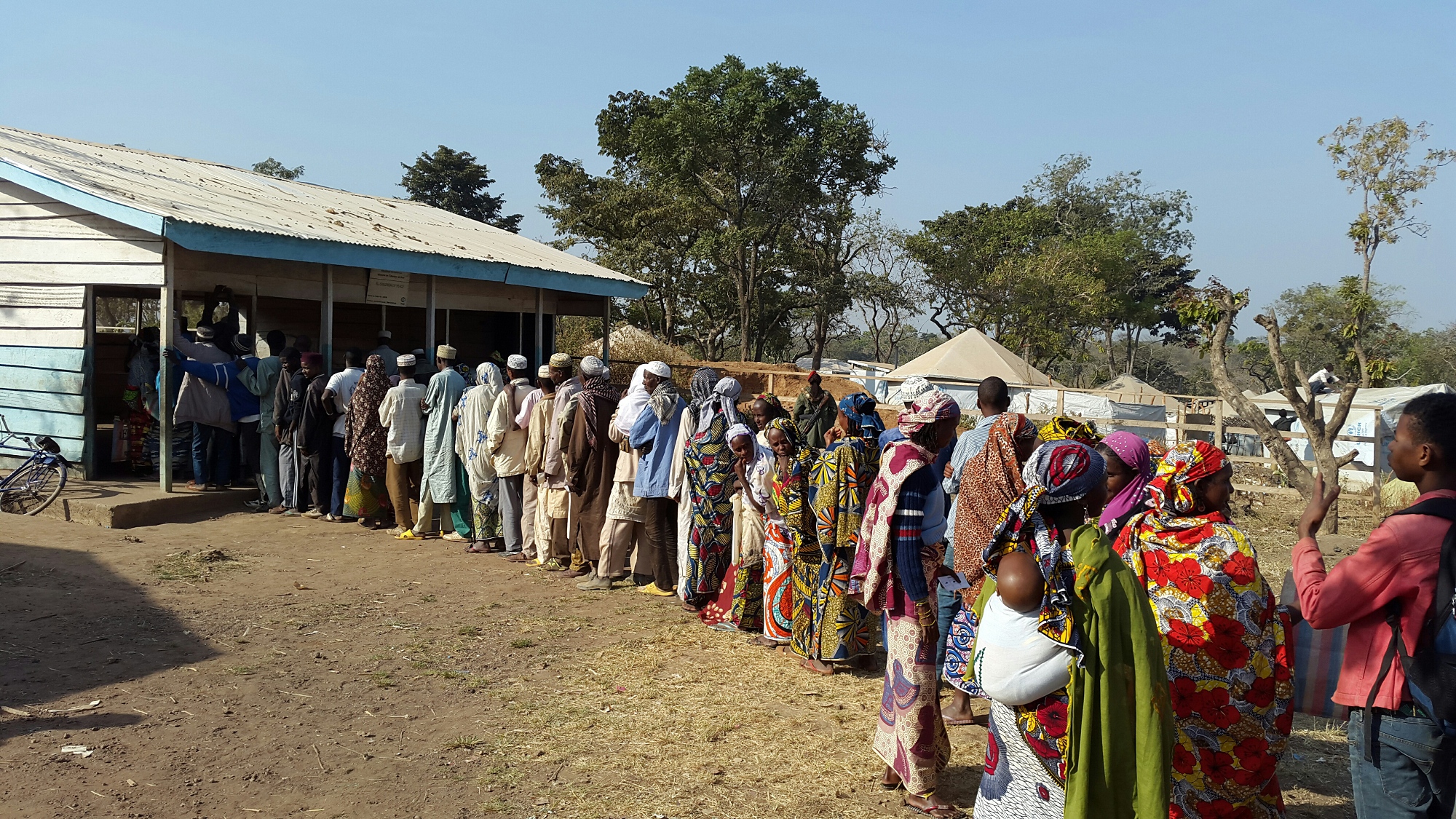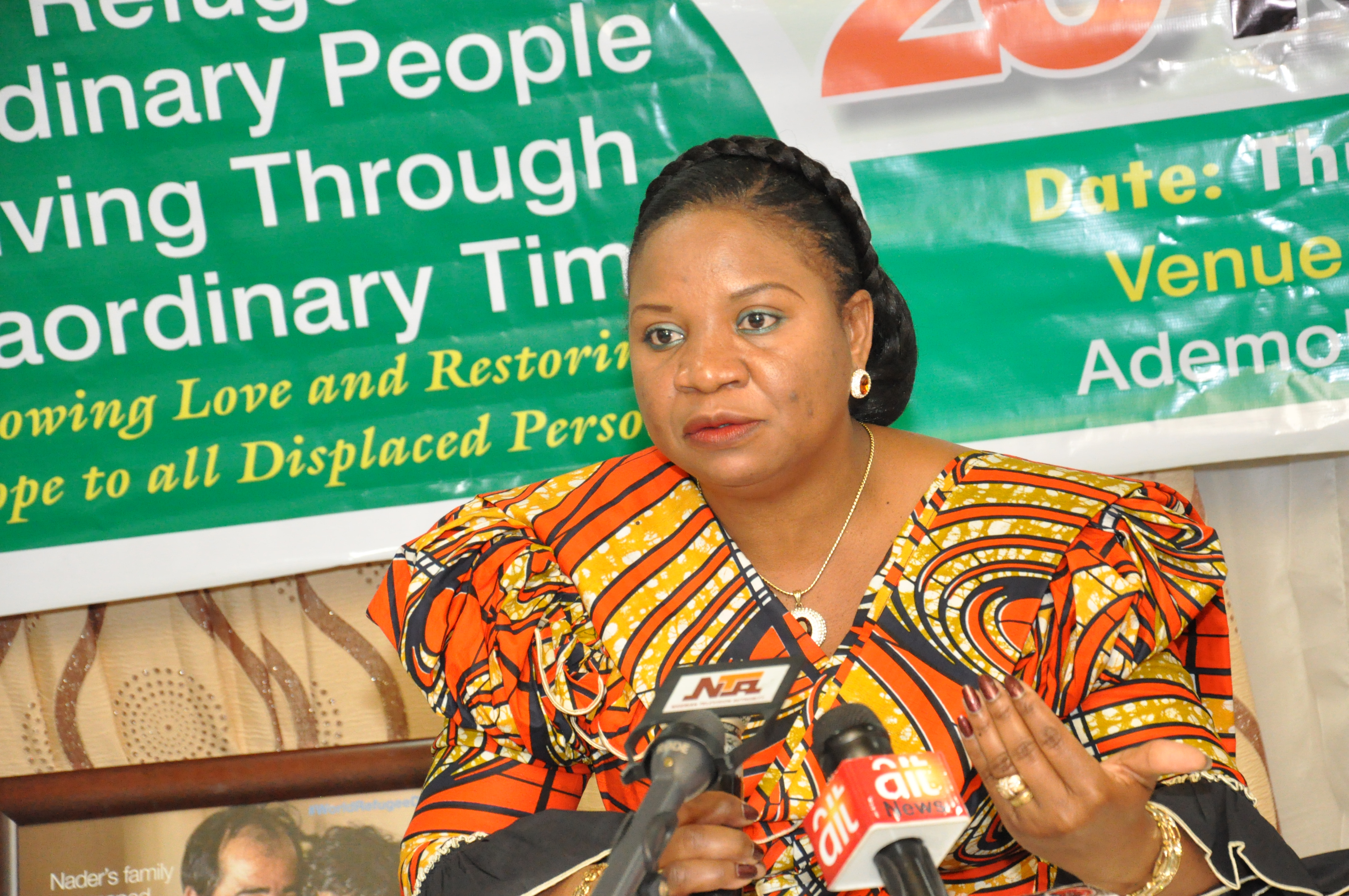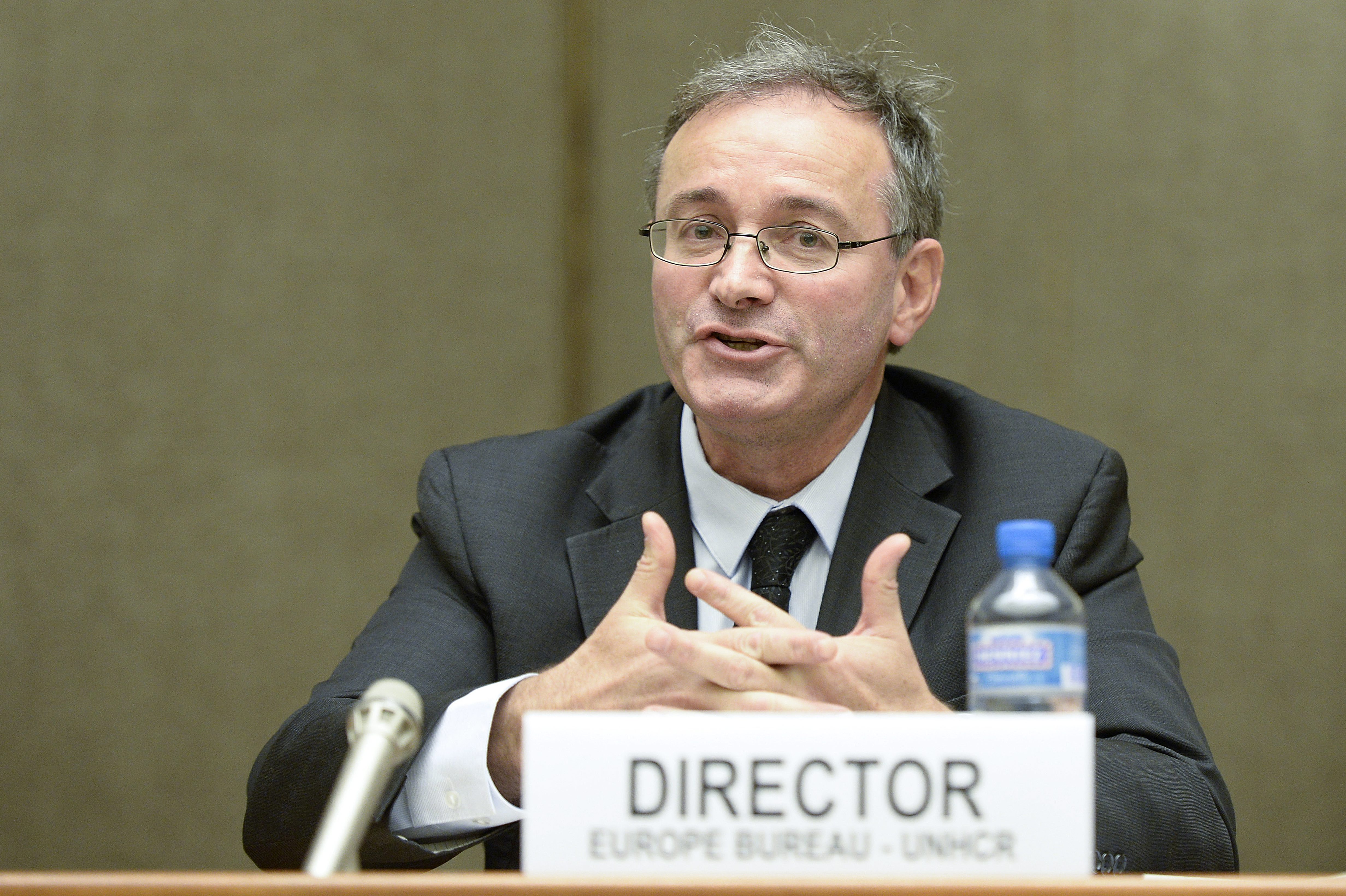Q&A: Canada's IRB marks 20 years of helping refugees
Q&A: Canada's IRB marks 20 years of helping refugees

OTTAWA, Canada, January 16 (UNHCR) - Canada is one of the UN refugee agency's most important partners; the North American nation donated more than US$40 million towards UNHCR operations last year. It is also a major resettlement country, welcoming some 10,000-12,000 refugees from around the world each year. The Immigration and Refugee Board of Canada (IRB) is the national refugee status determination body and has long worked closely with UNHCR. Brian Goodman has chaired the body since 2007. He recently sat down with UNHCR Senior Protection Officer Hy Shelow to talk about the IRB, which celebrates its 20th anniversary this year. Excerpts from the interview:
Tell us a bit about the IRB
The IRB is an independent, quasi-judicial tribunal that resolves immigration and refugee cases. In addition to the Refugee Protection Division [RPD], the IRB has an immigration appeal division and an immigration division. The RPD is our largest division, with well over 100 decision-makers, and is responsible for adjudicating refugee protection claims made in Canada as well as claims for subsidiary protection based on Canada's international obligations.
What has been the greatest challenge faced by the IRB in recent years?
The appointments and reappointments to the IRB have not kept pace with the workload. The IRB has experienced a significant increase in the number and complexity of refugee claims in recent years. To give you an idea, the IRB received about 21,000 claims in 2005 and almost 28,000 in 2007. By the end of October 2008, we had already received almost 29,000 new claims.
I can speak first hand to the challenges inherent in a large and increasingly complex caseload of refugee claims. I started with the RPD in 2001 as a decision-maker. I consider it to be one of the most rewarding experiences in my career, and believe it has provided me with a unique perspective and a deeper understanding of the day-to-day work of our tribunal.
The IRB continues to place great importance on having highly qualified and well-trained decision-makers, professional adjudicative support and an internationally renowned research programme. This has allowed Canada to be recognized as a world leader in providing protection to those who need it, while continuing to maintain the integrity of the refugee determination system.
And how has the IRB responded to these challenges?
I worked closely with the Prime Minister's Office as well as the Office of the Minister of Citizenship and Immigration to strengthen the merit-based selection process for members and have made a number of recommendations for the appointment and reappointment of members. However, we still have a significant deficit in the complement of the RPD. The IRB continues to focus on being a responsive, innovative and dynamic organization while pursuing the highest standards of values and ethics.
Over the last few years, the IRB has implemented initiatives to modernize our processes in order to improve efficiency and service while maintaining fairness. As an example, we standardized and simplified our case management processes, allowing for early streaming of files and expediting of cases where appropriate. Streaming consists of assigning claims to a level of resources and effort that reflects its degree of complexity while the expedited process is used for deciding refugee claims that seem to be simple, well founded and open to a quick decision without a full hearing.
What is the relationship between the IRB and UNHCR?
The IRB has established, and continues to enjoy, an excellent relationship with UNHCR. We meet regularly to discuss our mutual commitments and issues of common concern. In 2006, the Board and UNHCR signed a partnership agreement, which provides for the short-term assignment of IRB personnel to selected UNHCR field offices. These assignments have provided UNHCR staff with training and guidance on issues related to refugee determination and they provide the IRB with an avenue to share our experience and expertise. We are currently working on a new agreement to provide opportunities for further training and capacity-building.
What can we expect from the IRB in the coming years?
We will continue to attract, develop and retain personnel and strengthen our operations while doing our part to support the development of refugee systems throughout the world. As I already mentioned, the IRB is exploring the possibility of expanding our agreement with UNHCR to assist countries in the process of building their capacity to conduct refugee status determination. This is an exciting initiative in support of our shared interests and priorities.

